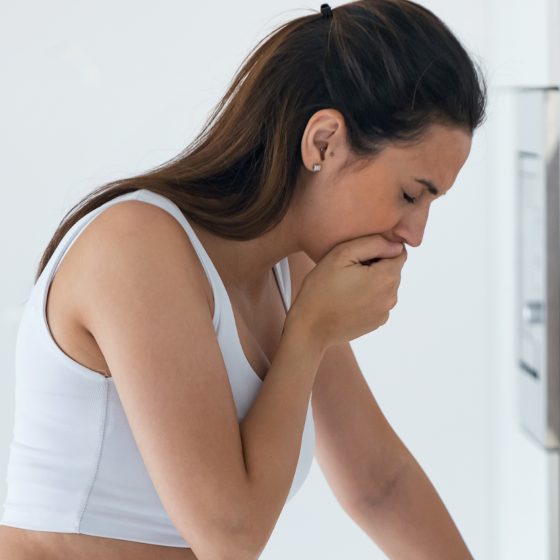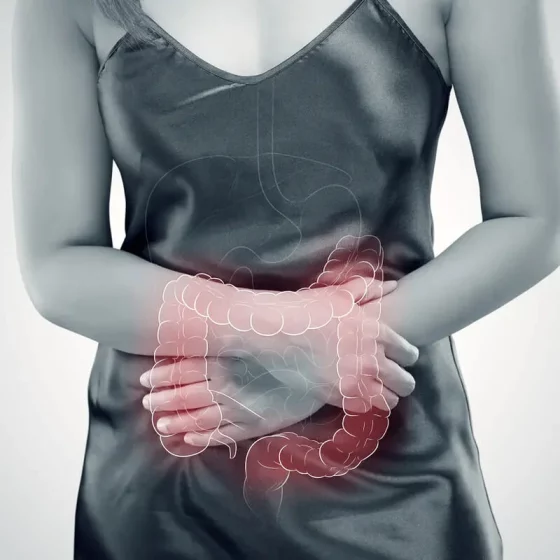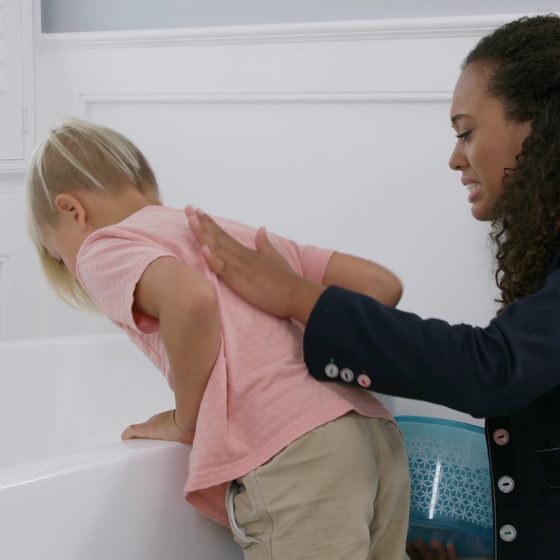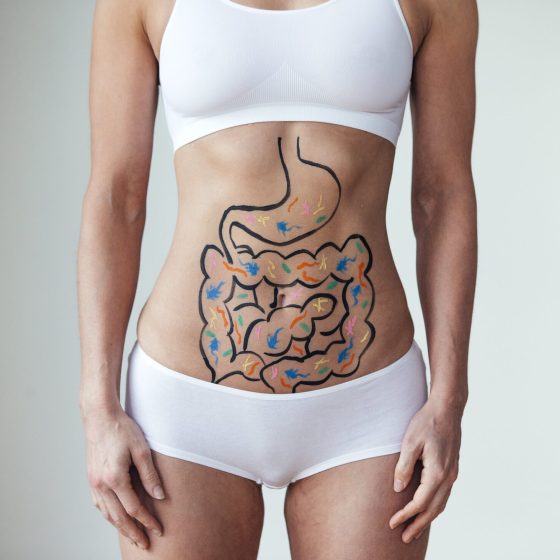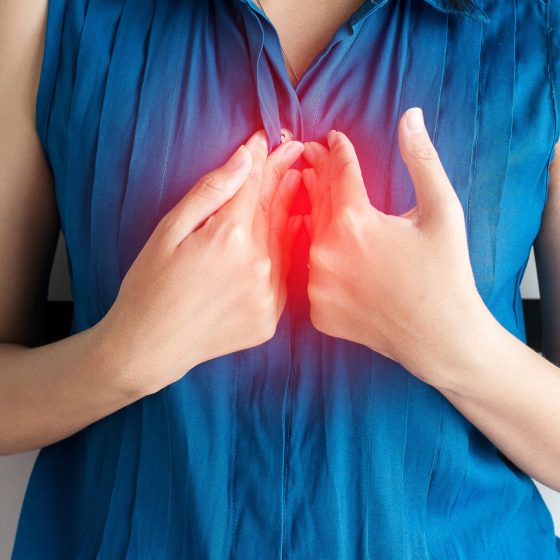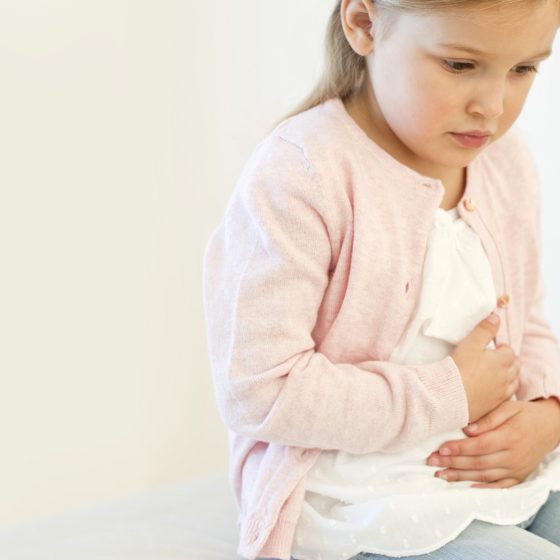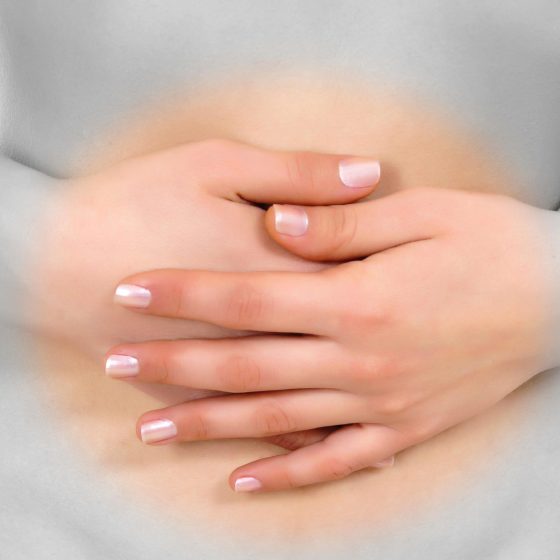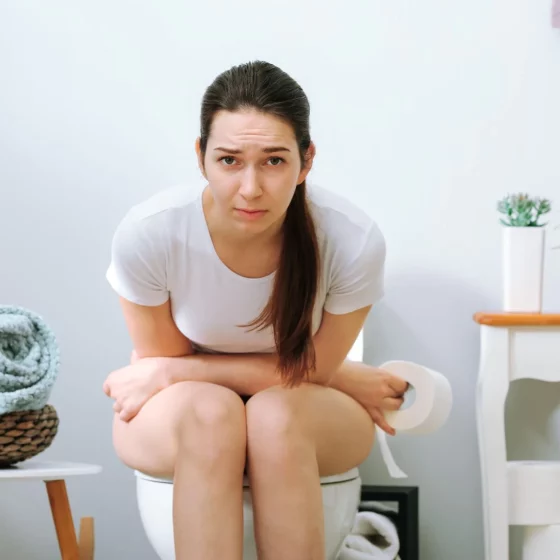Vomiting
Key facts Vomiting is a reflex that helps the body get rid of substances that may be harmful. Gastroenteritis — an infection of the digestive tract — is one of the most common causes of nausea and sudden vomiting. If vomiting is caused by an infection, such as gastroenteritis or food poisoning, it can often be managed at home if you stay hydrated. Vomiting due to viral gastroenteritis usually clears up without any specific treatment within 2 days Ongoing or recurrent episodes of vomiting should be investigated by your doctor. What is vomiting? Vomiting is the forceful ejection of the

